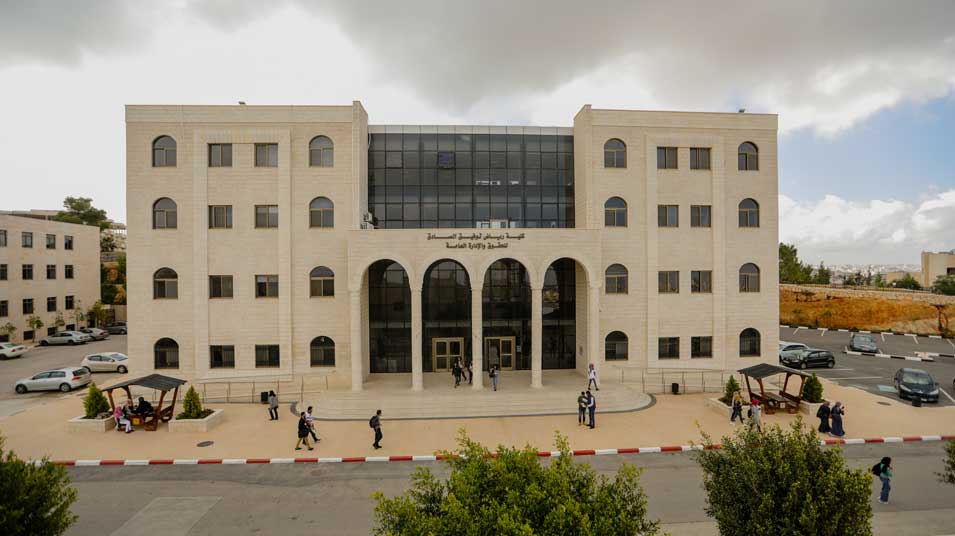Study shows need for improved legislation, training on cybercrime
A recent study by Professor of Criminal Law at Birzeit University Mustafa Abdul Baqi demonstrates that establishing effective criminal investigation procedures for cybercrimes in Palestine requires efforts to modernize the relevant legislation, procedures, and privacy laws.
In the study, entitled “The Investigation of Cybercrime and Proving it in Palestine: A Comparative Study,” Abdul Baqi calls for the Penal Procedures code to be modified so that it includes protocols for cybercrime investigations. Such protocols, Abdul Baqi argues, would allow law enforcement officers to carry out effective investigations on electronic devices while protecting the privacy of device owners.
Striking a balance between conducting effectual investigations and preserving citizens’ privacy would be achieved by specifying, in the search warrant, the evidence that law enforcement officers are looking for in the device, Abdul Baqi contends. He notes that, for privacy purposes, the owner of the device has to be present during the search.
Abdul Baqi emphasized the need for properly-trained judges, public prosecutors, judicial police officers, and law enforcement officers, who recognize the nature – and volatility – of electronic data and, subsequently, understand how to approach, verify, and investigate cybercrimes.
Abdul Baqi also recommends that punitive measures for cybercrimes be maximized, relative to the extent of the crime. He also suggests the treatment of cybercrimes as felonies if the person in question has threatened national or global security.
You can view Birzeit University’s latest research papers and publications on Birzeit University’s Open Access Repository – Fada.







